invideo: Elevate Your Streaming Experience with Quality
Can a single platform really speed up video creation while keeping results polished and professional?
Meet a fast, AI-powered video maker that turns simple prompts into full videos. It writes the script, adds captions, voiceovers, music, and effects in 50+ languages. The goal is clear: streamline creation without sacrificing quality.
The user-friendly interface and drag-and-drop editor make production accessible. Creators get templates, AI Twins, and UGC ad tools to cut studio time. You can produce credible marketing videos and explainers even with limited skills.
Expect wins and trade-offs. The platform excels at speed and volume, with helpful features and creative tools. Some users note occasional glitches and slower exports on long files, so plan pro workflows for mission-critical projects.
Key Takeaways
- Fast AI workflow that handles script, voice, and editing for quick production.
- User-friendly interface balances simplicity with control for creators and marketers.
- Great for high-volume content and UGC ads; less ideal when deep customization is needed.
- Support and privacy practices matter—review data handling before scaling.
- Use this platform for speed; choose advanced tools when export reliability is mission-critical.
What is InVideo AI today and why it matters for creators
A web-based studio now turns short scripts and prompts into ready-to-share videos. InVideo AI converts a script and simple inputs into full scenes with captions, voiceovers, music, and effects across 50+ languages.
The platform packs a wide range of features and tools tailored for fast video creation. Users get access to over 5,000 customizable templates and an extensive media library for promos, explainers, ads, and stories.
AI assists with auto-resizing, smart scene selection, and text-to-speech. These features lower the barrier for non-technical creators while keeping advanced controls for power users.
If you need videos without a camera presence, AI avatars and voice cloning enable faceless workflows. Export formats are tuned for social and web, so content looks native on each platform.
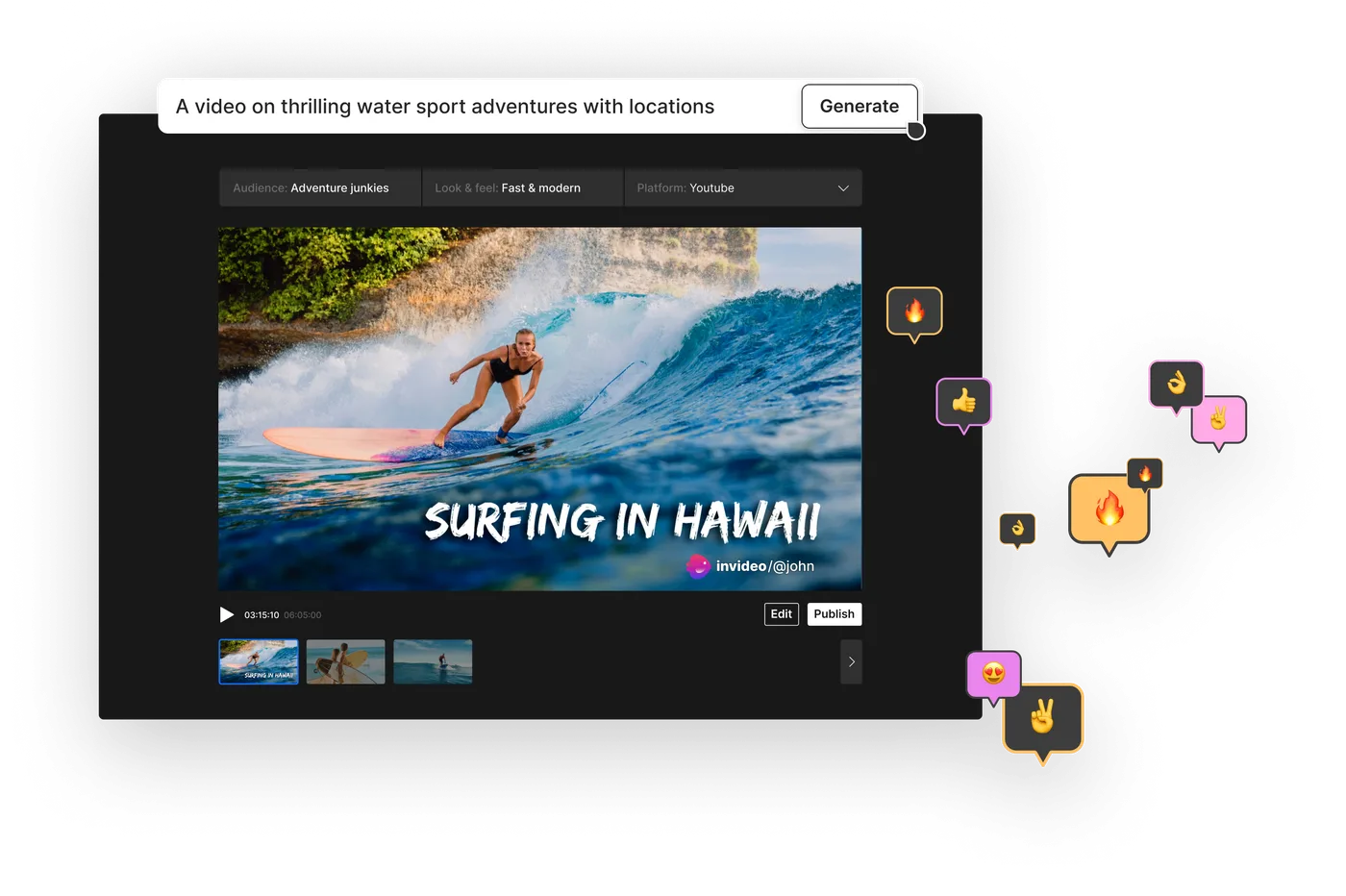
- Fast, prompt-driven assembly from idea to publish-ready.
- Collaboration tools let teams iterate in real time.
- Multilingual voiceovers and captions broaden reach.
In short, the platform speeds creation without replacing your creative intent. It’s a practical choice for creators and teams focused on scale and consistency.
Hands-on review: usability, speed, and overall editing experience
We tested the editor to see whether day-one users can build polished videos without steep learning curves. The result: a user-friendly interface that guides you through scene assembly and basic tailoring in minutes.
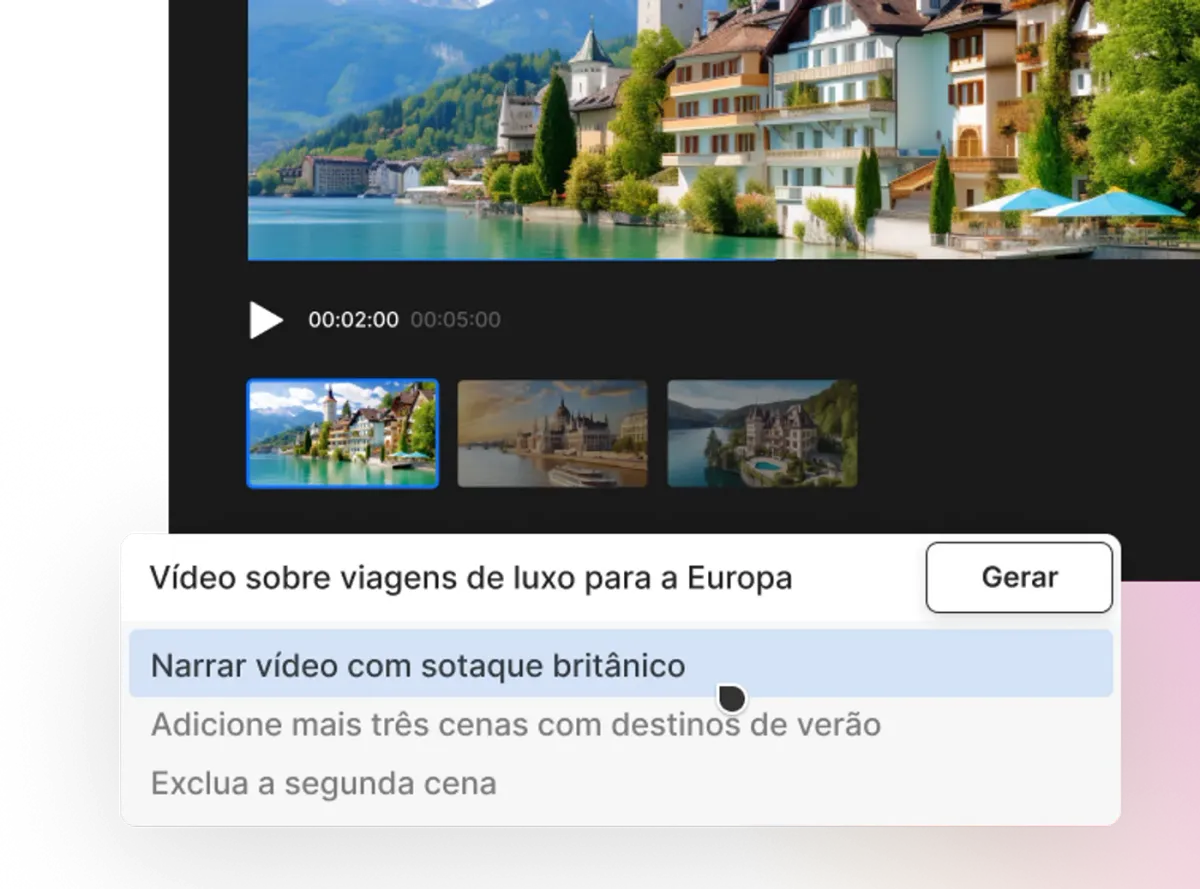
User-friendly interface and learning curve for first-time creators
The onboarding is light and clear. First-time users follow visual cues and start with templates quickly.
The editor uses a drag-and-drop flow so you can add titles, adjust timing, and preview edits fast. Text-based editing is a nice touch — change scenes or swap voice using simple commands.
Performance notes: rendering times, glitches, and export reliability
Short videos render smoothly and give instant feedback. For longer files, expect more time to export; slowdowns on complex timelines are common.
Occasional glitches can interrupt a render, but retries usually succeed. For mission-critical deliveries, plan extra buffer time.
- Strengths: fast assembly, abundant effects, responsive support that helps users learn.
- Limits: advanced features lack deep granularity compared with pro NLEs.
- Net take: great for everyday video editing and fast social output; not a full replacement for high-end suites.
Features and tools that set invideo apart
From a single URL or a few lines of text, the editor builds cohesive scenes and audio.
AI text-to-video: Convert prompts, a script, or a URL into full scenes. The system adds captions, music, and synced voiceovers across 50+ languages. You save time and keep consistent pacing.
AI Avatars and AI Twins: Create reusable presenters from a recorded clip or YouTube link. Use them for product explainers, onboarding, and training without repeated shoots.
Voice cloning & multilingual reach: Clone a brand voice and produce localized narrations. This supports faceless workflows and lets you scale voice across markets.
UGC and virtual try-ons: Generate testimonial-style videos with human avatars for Amazon and social proof. Simulate bags, outfits, and accessories on models to demo product use-cases for e-commerce.
Edit with AI: Change scenes, swap narrations, or refine tone using simple text commands. Rapid iterations make A/B testing and market tweaks practical.

| Capability | Use case | Benefit |
|---|---|---|
| Text-to-video | Scripts, prompts, URLs | Fast scene assembly with captions and audio |
| AI Avatars | Training, explainers | One recording, many updates |
| Voice cloning | Localization | Consistent brand voice in 50+ languages |
| Virtual try-ons | E‑commerce product demos | Reduce studio costs; realistic previews |
Media support: Stock footage, image and photo assets, music, and captions let you assemble complete narratives without hunting external media. The result: you can create videos quickly and reliably.
Template quality, effects, and media library depth
Swap-ready scenes and a deep asset library cut production time for ads and promos.
Library templates and customizable scenes for ads, promos, and social videos
Over 5,000 templates are organized by use case so you can jumpstart ads, promos, and social content in minutes.
The library templates accelerate choices: swap scenes, tweak pacing, and adapt copy without rebuilding structure.
The media library blends stock footage, images, and music to help you tell a clear story even when bespoke assets are scarce.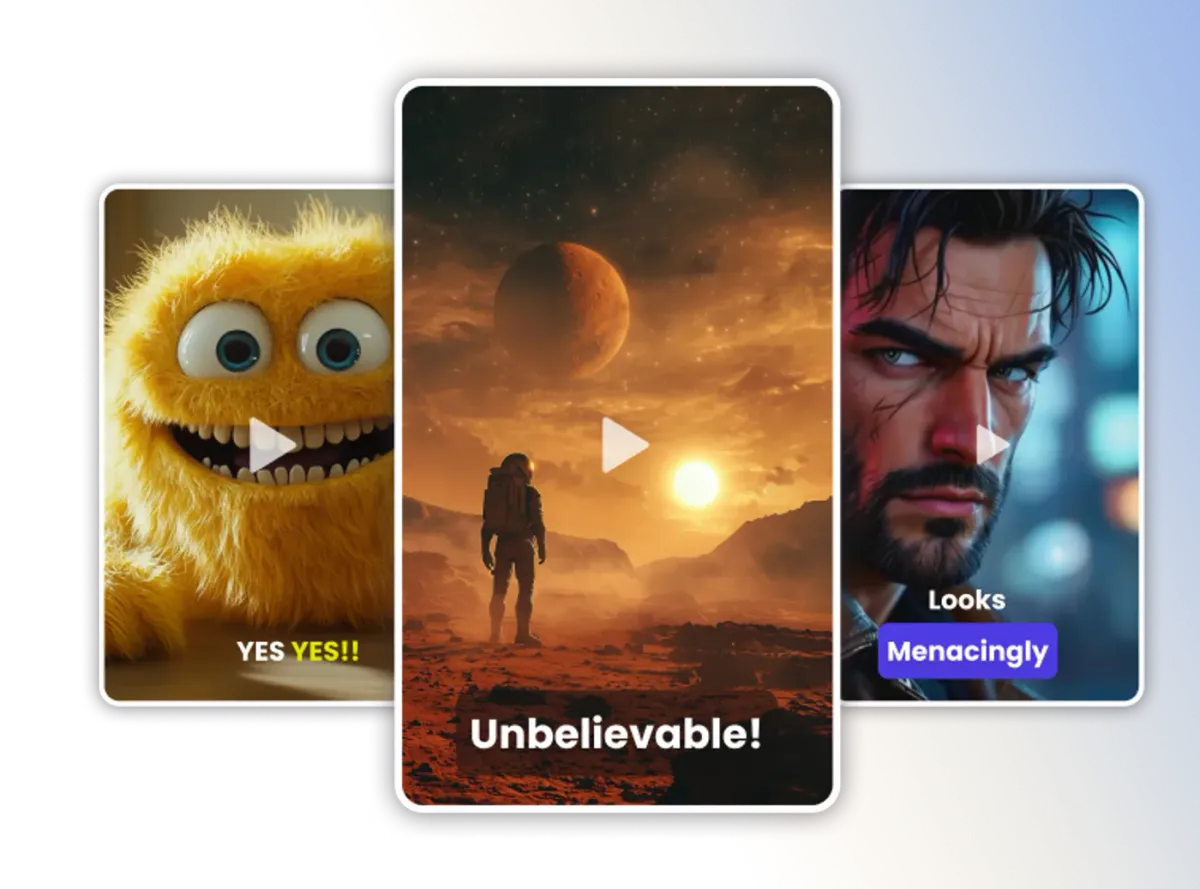
You get a wide range of professionally designed templates for common video formats.
- Effects are tasteful and on-trend; apply them quickly inside the editor for polish and motion accents.
- Curated music options speed tone-setting and align with export formats like vertical, square, and landscape.
- Deep library coverage lowers production costs and keeps brand visuals consistent at scale.
Result: fast creative iterations, shorter feedback cycles, and templates tuned to performance best practices for ads and social videos.
Pricing and plans: finding the best value for your workflow
Picking the right subscription keeps production smooth and cost-effective. Start by matching your monthly output to a plan tier. Consider credits, turnaround needs, and the advanced features you must have.
Free plan: test workflows with no cost
The Free plan ($0/month) gives unlimited videos with a watermark and basic tools. It’s ideal to validate fit for your marketing stack before committing.
Starter and Pro: scaled credits and no watermark
Starter ($39/month) includes 100 credits — roughly 20 outputs — and removes the watermark. You get broader access to templates and asset libraries.
Pro ($99/month) doubles credits to 200 (about 40 outputs) and adds priority support. Choose Pro if deadlines are tight and you need faster responses.
Generative plan: scale production for teams
Generative ($120/month) targets businesses that need advanced generative tools and extra resources. If you rely on avatars, multilingual voice, or complex script flows, this tier can lower per-video costs.
- Credits map to outputs — plan for seasonal spikes so you don’t stall production.
- For ads-heavy pipelines, budget for extra exports and variations to A/B test creatives.
- Reassess quarterly: as demand grows, higher tiers often reduce cost-per-asset and centralize team access to the platform.
“Match cadence to credits, and pick the level of support you need for tight launches.”
Who InVideo AI is best for vs where advanced tools still win
If speed and repeatability matter, this tool helps teams ship more videos in less time.
Best fit: creators and marketing teams that need a fast video maker to produce on-brand content without deep post-production. Small teams benefit from a wide range of templates and AI help that compress scripting, scene assembly, and localization.
E-commerce brands get clear gains. AI-driven UGC videos and virtual product try-ons remove model logistics. That lets brands spin up social-ready content and demo a product without shipping samples.
Where pro tools win: heavy color grading, complex audio routing, and advanced compositing still require a non-linear editor. If your brand demands strict approval workflows or enterprise-grade control, a managed stack is safer.
Quick checklist for your use case
- Ideal for repeatable formats: explainers, social ads, and product highlights.
- Great when you need rapid production and many variations for A/B testing.
- Use as a first-pass generator, then polish in a pro suite for high-stakes campaigns.
- Lean teams can scale content without extra headcount, improving time-to-market.
“Rapid production beats perfection for campaign sprints—ship more, learn faster.”
Comparisons and trade-offs: InVideo AI vs other platforms
Selecting the right platform often comes down to trade-offs between creative control and scale. For teams that need speed, templates and automated tools deliver rapid production and high output. For brands that sell products at scale, managed services can reduce overhead and improve consistency.
InVideo AI vs Whatmore Studio
InVideo AI leans on templates and AI tools to speed ad and explainer creation. You get quick access, flexible formats, and a wide range of templates for social-first outputs.
Whatmore Studio emphasizes e-commerce support with managed services, AI voiceovers, captions, and virtual try-ons. It suits product teams that want assisted scale and tighter quality control.
Enterprise considerations: brand control, approvals, and integrations
At the enterprise level, governance matters. Simple platforms trade deep validation workflows for accessibility.
- Approvals and DAM/PIM/CMS integrations may be limited and require workarounds.
- Advanced features in pro suites still outperform auto-assembly when you need exact color, motion, and mix standards.
- Platforms like Brandeploy focus on brand locks, validation flows, and direct CMS access for compliance-heavy teams.
“Autonomy and pace versus control and service depth — choose based on your production realities.”
Trust, privacy, and support
Trust hinges on how data is handled and how quickly help arrives when issues occur. This section explains what the platform collects, how practices vary, and what you should expect from support.
Data practices: tracking, collected data types, and what varies by usage
Transparency matters. The service may track activity across apps and sites. Review the privacy policy before wide deployment.
Data linked to identity can include contact info and device identifiers. Other items—like user content, usage logs, and diagnostics—may be collected but not tied to your identity.
Practices can change by feature and by user age. For teams handling sensitive content, confirm retention rules and disclosure norms before you upload media or confidential content.
Customer feedback and support quality
Users consistently praise support for fast, helpful responses. That shortens downtime when exports stall or glitches occur.
Expect occasional rendering hiccups on complex projects. Plan extra time for mission-critical videos and schedule formal reviews for regulated content.
- Tip: Document user access and governance to keep your content organized as libraries grow.
- Tip: Always verify stock rights and uploads to avoid media licensing issues.
- Tip: If you operate in regulated industries, formalize approvals outside the platform.
“Good support shortens problem resolution; clear data policies prevent surprises.”
Conclusion
If you need fast, reliable video creation that scales, this platform is a smart daily driver. It combines easy video editing with text-driven editing and a robust set of templates and features to move ideas to publish.
The asset library—stock footage, image and photo support, music, and captions—lets teams assemble stories quickly. AI Twins, UGC ad support, and multilingual voiceovers speed localization for growing brands.
Plans stretch from a free test to a Generative plan for teams, so you match cost to output. Use it to ship more videos on tight timelines, then add pro suites when you need film-grade polish.
Access is simple, collaboration is built in, and the platform delivers dependable tools for everyday production.
FAQ
What is InVideo AI today and why does it matter for creators?
How easy is the interface for first-time creators?
What should I expect for rendering times and export reliability?
How does AI text-to-video work here?
Can I create AI avatars and AI twins for explainers?
Does the platform support AI voice cloning and multilingual voiceovers?
Can I use UGC and customer reviews with AI assistance?
Are there features for virtual product try-ons for e-commerce?
How flexible are the editing tools when using AI-generated scenes?
What templates, effects, and media assets are available?
How good is the template quality and customization?
What does the free plan include?
What do Starter and Pro plans add?
What is the Generative plan for teams?
Who benefits most from these AI video tools?
Are e-commerce brands a good fit?
How does this platform compare to managed e-commerce solutions like Whatmore Studio?
What enterprise features should large teams consider?
What data practices and tracking should users expect?
How responsive is customer support and where can I get help?
Share this content:


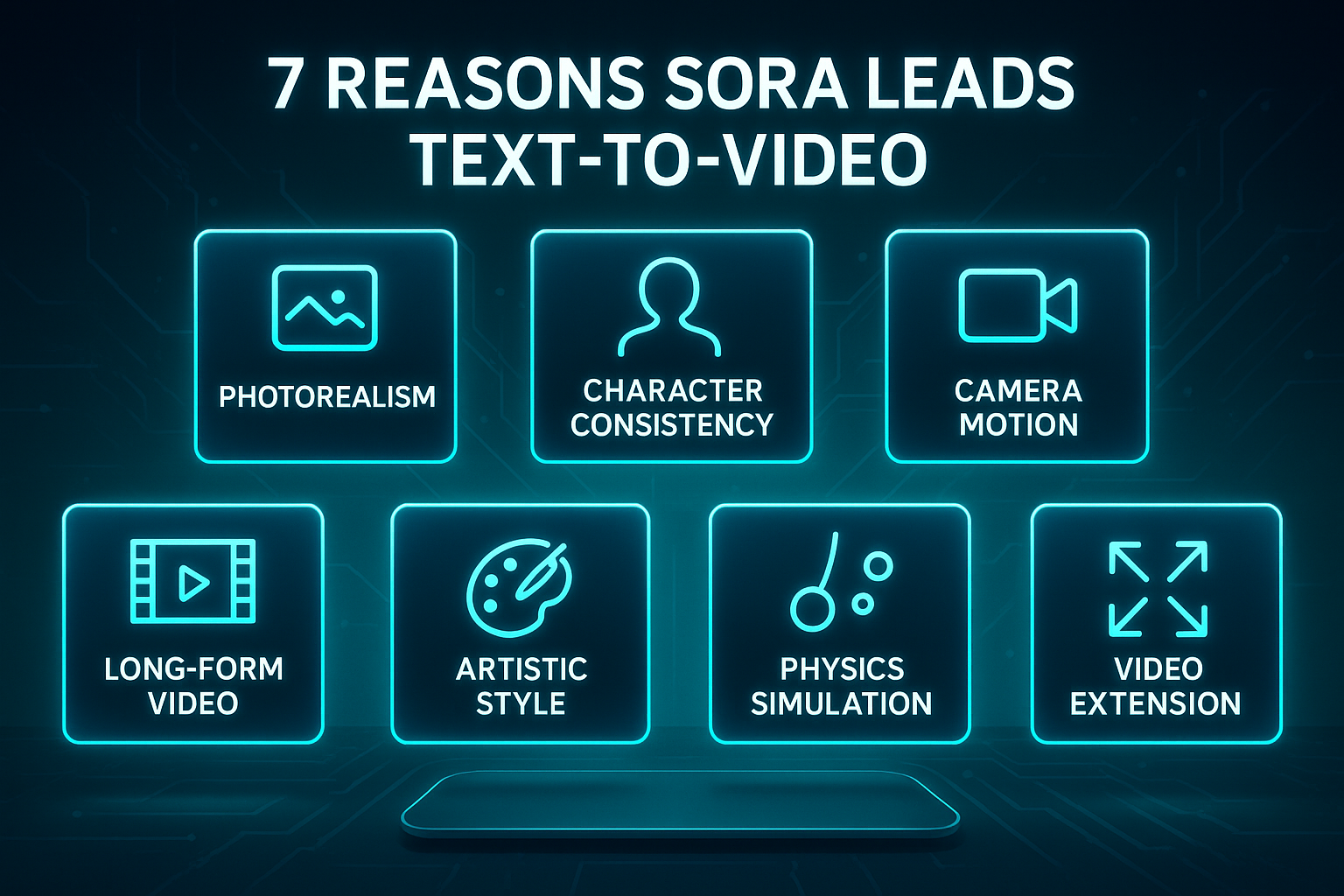
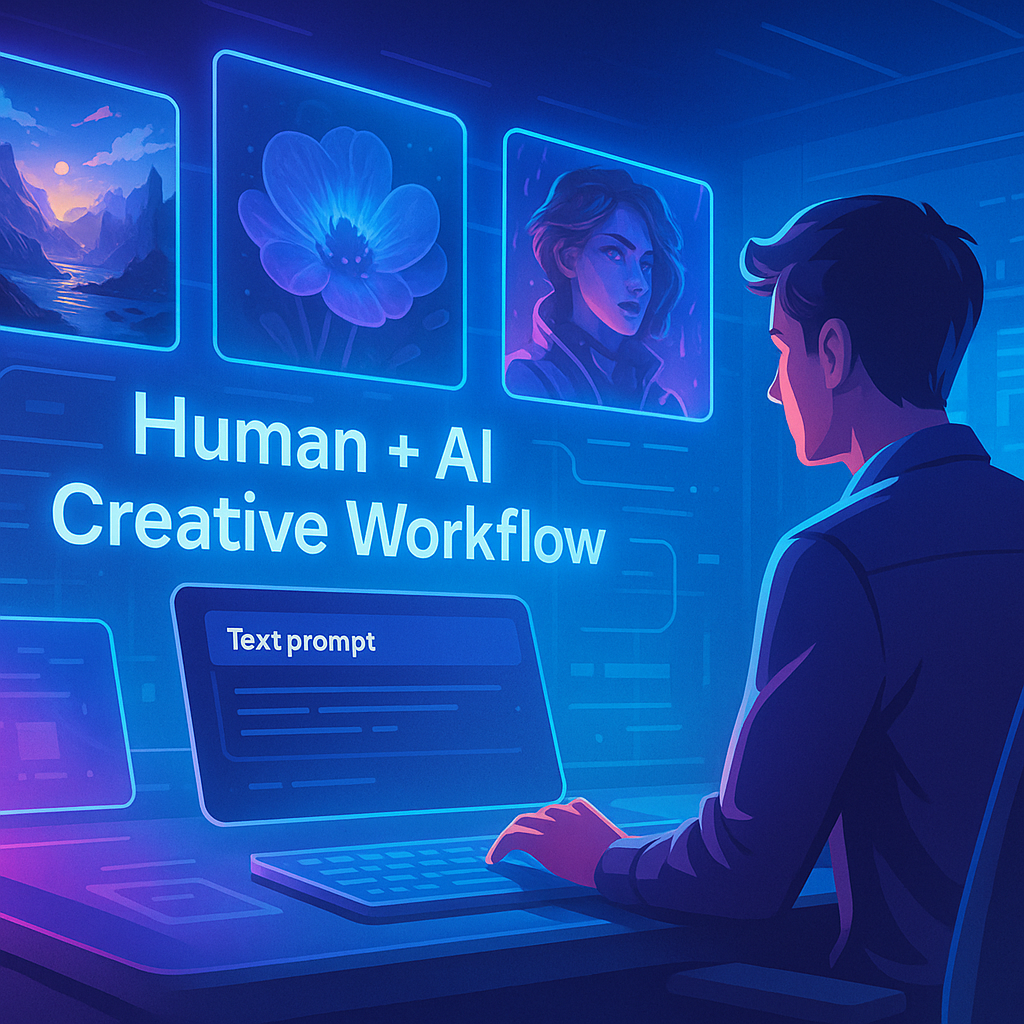









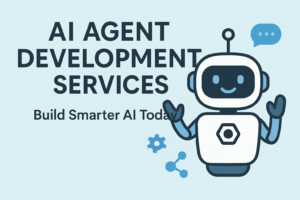
Post Comment